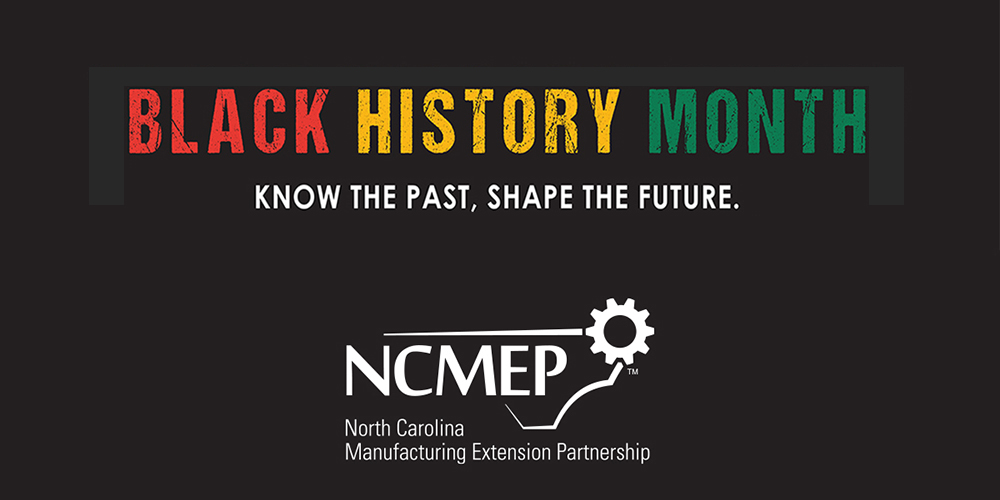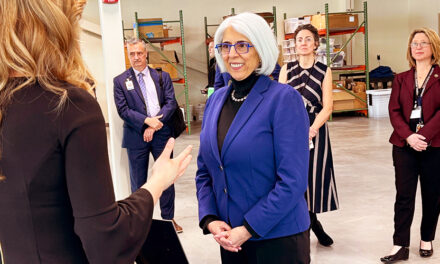Stories of Black-owned manufacturers stand as inspiring chapters that embody resilience, innovation and a relentless pursuit of excellence. From the challenges of historical adversity to the triumphs of contemporary success, these entrepreneurs have forged paths, broken barriers and left an indelible mark on the industry landscape.
Trailblazers of the Past
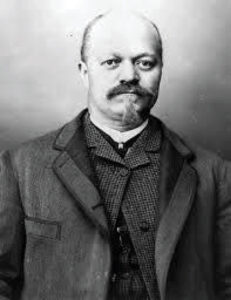
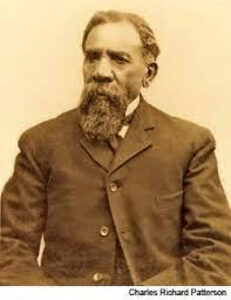
The roots of Black-owned manufacturing can be traced back to the post-Civil War era when formerly enslaved people sought economic independence. Despite the challenges of segregation, enslavement and discriminatory policies, these early manufacturers paved the way for a legacy of Black entrepreneurship.
Entrepreneurs like Warren Clay Coleman, founder of Coleman Manufacturing Company, created the Coleman-Franklin-Cannon Mill in Concord, North Carolina, with a nine-man board of seven other Black partners and one White. The manufacturing facility property was listed on the National Register of Historic Places in 2015.
Charles “Rich” Richard Patterson, a transportation entrepreneur, originally produced 28 different horse-drawn carriage styles at a production level of approximately 500 carriages per year and employed an integrated workforce of 35-50 craftsmen. He founded C.R. Patterson and Sons and leadership passed to his son, who would manufacture a two-door car called the Patterson-Greenfield automobile and later trucks and buses.
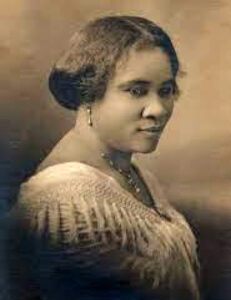
Entrepreneurs like Warren Clay Coleman, founder of Coleman Manufacturing Company, created the Coleman-Franklin-Cannon Mill in Concord, North Carolina, with a nine-man board of seven other Black partners and one White. The manufacturing facility property was listed on the National Register of Historic Places in 2015.
Charles “Rich” Richard Patterson, a transportation entrepreneur, originally produced 28 different horse-drawn carriage styles at a production level of approximately 500 carriages per year and employed an integrated workforce of 35-50 craftsmen. He founded C.R. Patterson and Sons and leadership passed to his son, who would manufacture a two-door car called the Patterson-Greenfield automobile and later trucks and buses.
The Industrial Renaissance
The Industrial Renaissance saw a surge in Black entrepreneurs entering the manufacturing sector, proving their mettle and contributing to the nation’s economic fabric.
Challenges and Triumphs

The road to success for Black-owned manufacturers was with hurdles. Discriminatory lending practices, limited resource access and systemic barriers presented formidable challenges. Despite these obstacles, visionary leaders emerged. Sarah Breedlove, later known as Madam C.J. Walker, a pioneer in the beauty and cosmetics industry, built a successful manufacturing business, Madam C. J. Walker Manufacturing Company. and became the first female self-made millionaire in the United States. Her legacy resonates as a testament to tenacity and entrepreneurship.
In 1942, John H. Johnson founded Johnson Publishing Company, which published Negro Digest, Ebony, and Jet magazines. However, in addition to Johnson’s commercial ventures in magazine and book publishing, he owned Supreme Beauty Products and Fashion Fair Cosmetics, the largest black-owned cosmetics company in the world at the time. Fashion Fair was created to create makeup to meet the specific needs of women of color, and they went on to manufacture skin care, fragrance and hair care products. In 1982, Johnson became the first African American to appear on the Forbes 400. In 1987, Johnson was named Black Enterprise Entrepreneur of the Year.[1][5] in 1996, he was awarded the Presidential Medal of Freedom.

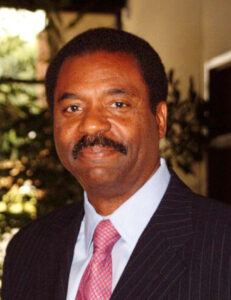
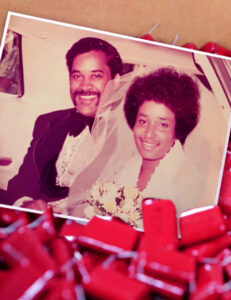
In 1942, John H. Johnson founded Johnson Publishing Company, which published Negro Digest, Ebony, and Jet magazines. However, in addition to Johnson’s commercial ventures in magazine and book publishing, he owned Supreme Beauty Products and Fashion Fair Cosmetics, the largest black-owned cosmetics company in the world at the time. Fashion Fair was created to create makeup to meet the specific needs of women of color, and they went on to manufacture skin care, fragrance and hair care products. In 1982, Johnson became the first African American to appear on the Forbes 400. In 1987, Johnson was named Black Enterprise Entrepreneur of the Year.[1][5] in 1996, he was awarded the Presidential Medal of Freedom.
Contemporary Success Stories



Today, Black-owned manufacturers span diverse industries, from technology and aerospace to fashion and food production, contributing to the nation’s economic prosperity. Fast forward to the present and the landscape of Black-owned manufacturing is adorned with contemporary success stories.
Entrepreneurs like Denise Woodard, founder and CEO of Partake, an allergy-conscious food manufacturer that started as a solution to Woodard’s daughter’s multiple food allergies. David L. Steward, the founder and chairman of World Wide Technology, established in 1990, stands as one of the largest Black-owned businesses. Or Electro Soft Inc, an electrical manufacturing company founded by husband and wife duo Jim and Sheila Wallace in 1986. These organizations have achieved remarkable success and are an example to others.
As we celebrate Black History Month, it is essential to recognize the ongoing efforts of Black-owned manufacturers to break barriers, challenge stereotypes and build lasting legacies. The stories of these entrepreneurs are not just tales of personal success; they are narratives that inspire future generations to dream big, overcome obstacles, and make an impact in the world of manufacturing.
The history of Black-owned manufacturers in the United States is a story of resilience, innovation, and the pursuit of excellence against all odds. From the pioneers who laid the groundwork to the contemporary leaders shaping industries, these entrepreneurs have left an enduring legacy. As we reflect on their journeys, let us celebrate the indomitable spirit of Black-owned manufacturers and draw inspiration from their remarkable contributions to the rich tapestry of American manufacturing.
Entrepreneurs like Denise Woodard, founder and CEO of Partake, an allergy-conscious food manufacturer that started as a solution to Woodard’s daughter’s multiple food allergies. David L. Steward, the founder and chairman of World Wide Technology, established in 1990, stands as one of the largest Black-owned businesses. Or Electro Soft Inc, an electrical manufacturing company founded by husband and wife duo Jim and Sheila Wallace in 1986. These organizations have achieved remarkable success and are an example to others.
As we celebrate Black History Month, it is essential to recognize the ongoing efforts of Black-owned manufacturers to break barriers, challenge stereotypes and build lasting legacies. The stories of these entrepreneurs are not just tales of personal success; they are narratives that inspire future generations to dream big, overcome obstacles, and make an impact in the world of manufacturing.
The history of Black-owned manufacturers in the United States is a story of resilience, innovation, and the pursuit of excellence against all odds. From the pioneers who laid the groundwork to the contemporary leaders shaping industries, these entrepreneurs have left an enduring legacy. As we reflect on their journeys, let us celebrate the indomitable spirit of Black-owned manufacturers and draw inspiration from their remarkable contributions to the rich tapestry of American manufacturing.

